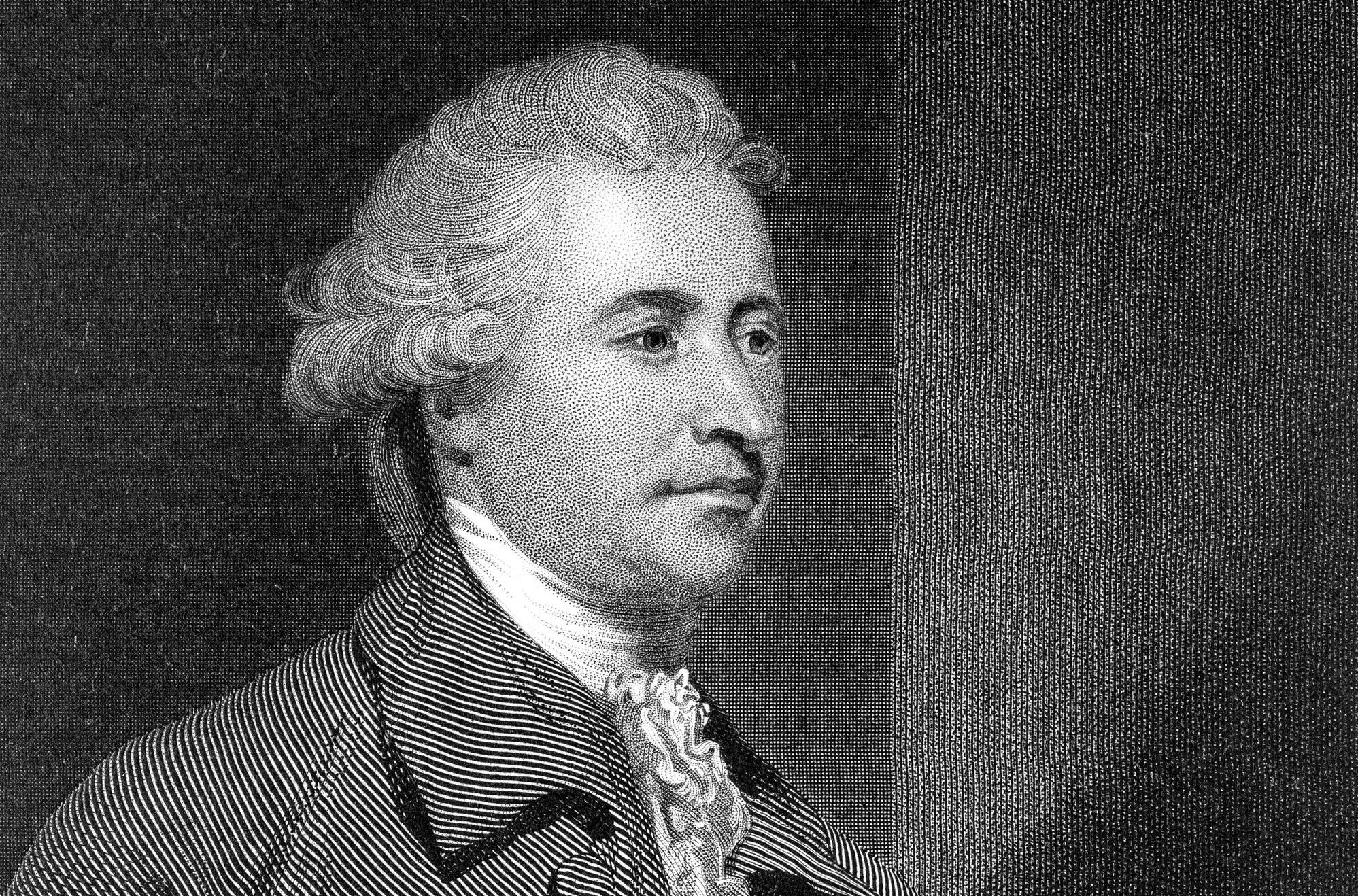One consequence of the renewed prominence of Northern Ireland in British politics since 2016 is that it has forced (or at least induced) many people to start opining on Irish matters who might otherwise not have done so.
The results are often disappointing, especially the seemingly endless ranks of London-based politicians and commentators who talk solemnly about our “obligations under the Good Friday Agreement” without any apparent familiarity with the text of that not-overlong document.
But a nastier and even less impressive instance of the form was recently furnished by David Allen Green. In attempting to score a point off Lord Frost for invoking the memory of Edmund Burke, he offered the following:
This is not intended as a fun jab. Green maintains that “the slip is indicative of the shoddy combination of showiness and shallowness – about Ireland and other matters”.
You can learn a lot about someone when they think they’re being clever. This effort to alienate Burke from the British tradition betrays both an ignorance of the man and, by implication, a deeply noxious attitude towards identity and nationhood.
(It is also worth noting that there was no confusion about Burke’s heritage: Frost describes him as “the Irish-British scholar-politician” in his speech.)
This is not the place for a full biography of Burke, but the basic facts refute the thesis. He was born in Ireland, true, but at a time when that country was deeply entwined with and part-governed by, if not formally joined to, Great Britain.
Second, if ‘Britishness’ has today shrunk even within the borders of the United Kingdom it has historically stretched beyond it. (Consider English-speaking parts of the Empire.) As a member of the educated Dublin class, Burke was certainly more ‘British’ than Green seems to imagine even in his youth.
That is perhaps why — and this is the crucial point — he moved to London in his twenties and went on to serve on and off in the Parliament of Great Britain, as it then was, for some two decades. He lived, worked, raised a family, and died in England. He is buried, alongside his son and brother, at Beaconsfield.
Setting aside the subtleties of Ireland’s constitutional status and social order in the eighteenth century, or the obvious problem with someone inveighing on the subject of Ulster suggesting that Irishness and Britishness are exclusive, what exactly is Green’s claim here?
That a man who moves to a neighbouring country in his youth and spends the rest of his life there cannot become part of that country? That one of the most forceful writers on every major British issue of the age is somehow alien to the nation he served?
One suspects the people cooing over such sentiments would be horrified to see them expressed towards a 21st-century migrant, even to try and get one over on a Conservative minister who must seem to them most vexingly effective.











Join the discussion
Join like minded readers that support our journalism by becoming a paid subscriber
To join the discussion in the comments, become a paid subscriber.
Join like minded readers that support our journalism, read unlimited articles and enjoy other subscriber-only benefits.
Subscribe